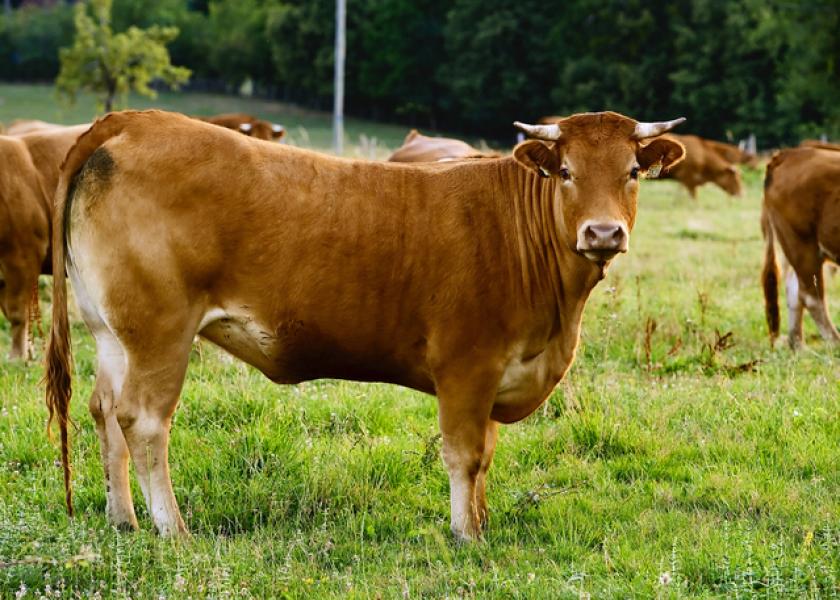Suspected Mad-Cow Case Could Put French Beef Exports at Risk

French officials found a suspected case of mad-cow disease in the northern Ardennes region, raising concerns that Europe’s biggest producer could lose access to export markets.
Testing of a carcass destined for human consumption detected suspected bovine spongiform encephalopathy, popularly known as mad-cow disease due to the unusual behavior that the animals can exhibit, according to France’s agriculture ministry.
BSE is a transmissible brain disease that is fatal for cattle. Eating meat from BSE-infected animals has been tied to Creutzfeldt-Jakob disease, an incurable human illness that destroys brain tissue. More than 185,000 BSE cases in cattle were confirmed in the European Union during the epidemic in the 1980s and 1990s.
If confirmed, a classic case of BSE would be France’s first since April 2004, ministry spokeswoman Juliette Angelergues said by phone. Confirmation could lead to France losing its status as a country with negligible risk, potentially resulting in the closure of some export markets, she said.
“That could have major economic consequences,” Angelergues said.
More Information
France’s federation of beef producers is waiting for more information about the case before making any comments, said Pierre Vaugarny, the group’s secretary general.
The country is the European Union’s biggest cattle producer and exported 915 million euros ($1.03 billion) of beef last year, according to trade data from the ministry.
The cow was from the Salers breed and the testing took place on March 17, according to the ministry. Results of further tests by a European Union laboratory are expected within eight to 10 days.







